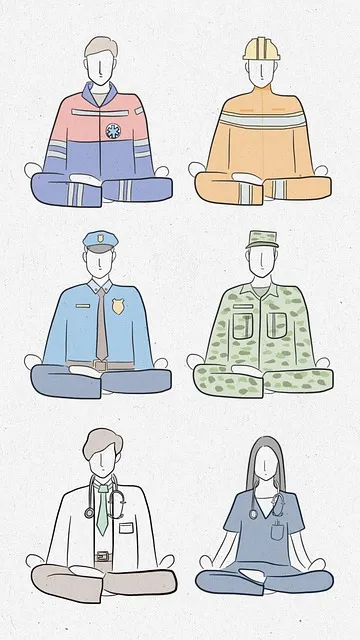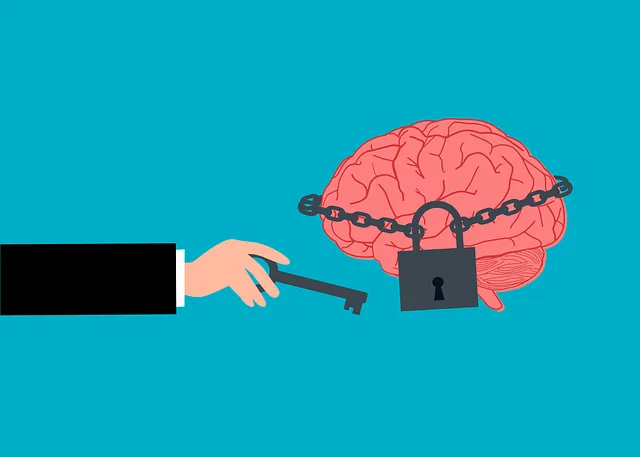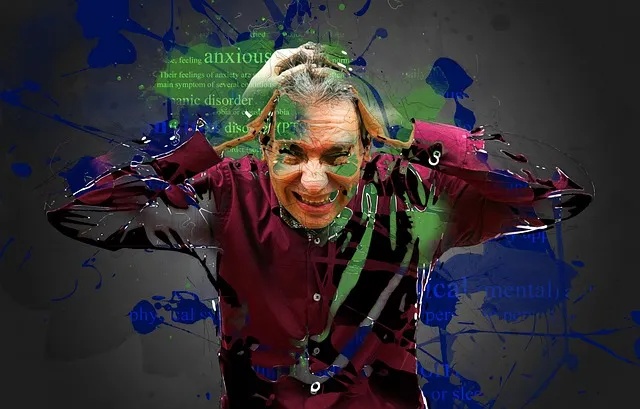Kaiser Permanente Mental Health Longmont prioritizes cultural sensitivity as a core element of its exceptional patient care. They focus on cultivating cultural competence, enhancing the patient-provider connection through self-awareness and resilience techniques, and fostering an inclusive environment. Through initiatives like the Mental Wellness Podcast Series, they bridge cultural gaps, challenge stereotypes, and support individuals' mental health journeys. Their comprehensive approach includes tailored training programs, burnout prevention strategies, and public awareness campaigns, positioning Kaiser Permanente Longmont as a leader in accessible, culturally-conscious mental healthcare.
Cultural sensitivity is a cornerstone of effective mental healthcare, especially within diverse communities. This article explores the essential role of cultural competence, drawing insights from Kaiser Permanente Longmont’s experience. We delve into the challenges and opportunities presented by diverse cultural backgrounds in clinical practice, offering strategies to enhance the skills of mental health professionals. Additionally, we examine best practices for measuring cultural sensitivity, as demonstrated by Kaiser Permanente Longmont’s innovative approaches, ensuring inclusive and impactful care.
- Understanding Cultural Competence in Mental Healthcare: A Kaiser Permanente Longmont Perspective
- The Importance of Cultural Sensitivity for Effective Treatment
- Navigating Diverse Cultural Backgrounds: Challenges and Opportunities in Clinical Practice
- Strategies to Enhance Cultural Competency among Mental Health Professionals
- Measuring and Evaluating Cultural Sensitivity in the Workplace: Best Practices at Kaiser Permanente Longmont
Understanding Cultural Competence in Mental Healthcare: A Kaiser Permanente Longmont Perspective

At Kaiser Permanente Longmont, we recognize that cultural sensitivity is a cornerstone of delivering effective mental healthcare. Our approach centers around fostering cultural competence, ensuring every patient receives care tailored to their unique background and needs. We understand that mental health experiences are shaped by a multitude of factors, including cultural identity, traditions, and community influences. By incorporating self-awareness exercises and resilience-building techniques, our team enhances the patient-provider relationship, creating a safe and inclusive environment.
This commitment extends beyond our walls into the community we serve. The Kaiser Permanente mental health Longmont team actively engages in initiatives aimed at promoting mental wellness, producing a Mental Wellness Podcast Series to reach diverse audiences. Through these efforts, we strive to bridge cultural gaps, challenge stereotypes, and empower individuals to navigate their mental health journeys with confidence and support.
The Importance of Cultural Sensitivity for Effective Treatment

In the realm of mental healthcare, cultural sensitivity is a game-changer that can significantly impact patient outcomes, especially in diverse communities like Longmont, Colorado, where Kaiser Permanente mental health services are sought after. Understanding and respecting cultural differences is crucial for building trust and fostering effective treatment plans. Mental health professionals must recognize that each patient’s background, beliefs, and experiences shape their relationship with mental illness, and addressing these nuances can greatly enhance care quality.
For instance, incorporating culturally tailored interventions, such as those focusing on stress management and depression prevention, can be transformative for individuals from various ethnic and cultural backgrounds. By doing so, mental health professionals at Kaiser Permanente Longmont can ensure a comprehensive approach to risk assessment, addressing not just the symptoms but also the unique challenges faced by diverse populations. This sensitive and tailored care can lead to better engagement, higher satisfaction rates, and ultimately, improved recovery outcomes for all patients.
Navigating Diverse Cultural Backgrounds: Challenges and Opportunities in Clinical Practice

Navigating diverse cultural backgrounds presents unique challenges and opportunities for mental healthcare practitioners, especially within organizations like Kaiser Permanente Longmont that serve a heterogeneous community. Understanding cultural nuances is essential to delivering effective care, ensuring that interventions are sensitive to individual and collective beliefs, values, and practices. This requires going beyond language translation to truly comprehend the existential, familial, and communal aspects that shape an individual’s experience of mental wellness and emotional regulation.
A Community Outreach Program Implementation can play a pivotal role in bridging cultural gaps by fostering trust, promoting understanding, and creating safe spaces for dialogue. By engaging with local communities, mental health professionals can gain insights into cultural contexts, learn about traditional coping mechanisms, and adapt their practices to better serve individuals from diverse backgrounds. This inclusive approach not only enhances the quality of care but also empowers patients to embrace mental wellness as a personal journey that resonates with their cultural identity.
Strategies to Enhance Cultural Competency among Mental Health Professionals

To enhance cultural competency among mental health professionals, such as those at Kaiser Permanente mental health Longmont, institutions should implement tailored training programs that cover key aspects of diverse cultural backgrounds. These programs can include role-playing scenarios to navigate sensitive conversations around cultural norms and beliefs, ensuring a deeper understanding of each patient’s unique context. Additionally, integrating Burnout Prevention Strategies for Healthcare Providers can foster an environment where professionals feel equipped and supported, thereby improving their ability to serve diverse populations effectively.
Emotional Intelligence is another crucial component that should be integrated into the professional development of mental health workers. By cultivating self-awareness and empathy, healthcare providers can build stronger connections with patients from different cultural backgrounds. Encouraging Self-Care Routine Development for Better Mental Health among staff is equally important to prevent burnout and ensure professionals maintain their own emotional well-being, which in turn positively influences their interactions with patients.
Measuring and Evaluating Cultural Sensitivity in the Workplace: Best Practices at Kaiser Permanente Longmont

At Kaiser Permanente Longmont, cultural sensitivity in mental healthcare is measured and evaluated through a comprehensive approach that integrates best practices into their workplace culture. This involves regular training sessions for staff, focusing on topics such as Conflict Resolution Techniques, to ensure every individual understands and respects diverse cultural backgrounds and perspectives. By fostering an environment where open dialogue is encouraged, Kaiser Permanente Longmont promotes better understanding and care for patients from various cultural communities.
Furthermore, the organization actively engages in Public Awareness Campaigns Development to raise public consciousness about mental health issues, especially among underrepresented groups. This strategy not only helps in early depression prevention but also ensures that cultural sensitivity is a core aspect of their patient-centric approach. Kaiser Permanente Longmont’s commitment to these best practices sets them apart as a leader in providing inclusive and effective mental healthcare services for all.
Cultural sensitivity is not just a best practice; it’s an imperative for effective mental healthcare. As Kaiser Permanente Longmont has demonstrated, embracing cultural competence allows professionals to provide tailored, inclusive support to a diverse range of individuals. By navigating cultural differences with empathy and understanding, mental health practitioners in the Kaiser Permanente Longmont community are revolutionizing care, ensuring that every patient feels heard, respected, and empowered on their journey towards healing. This holistic approach not only enhances treatment outcomes but also fosters stronger, more resilient communities.






